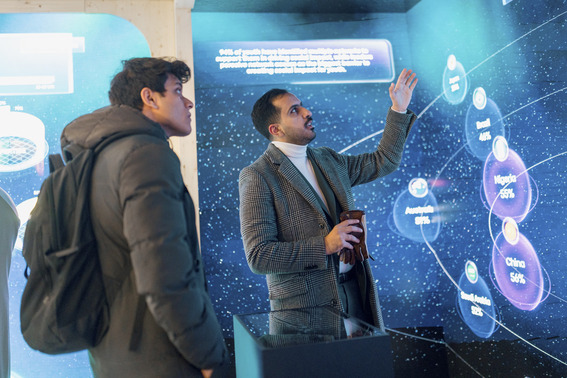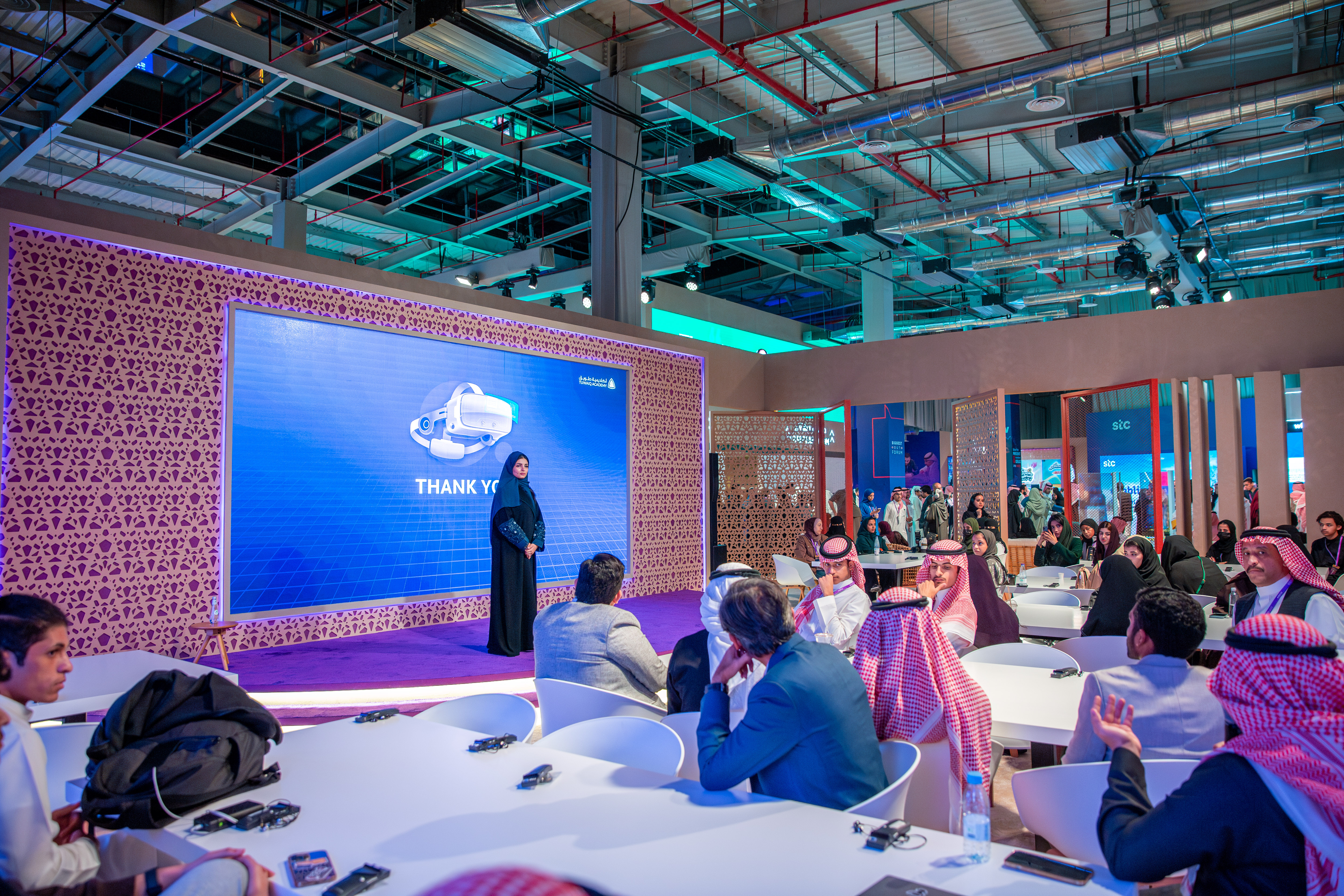
A Familiar Debate Throughout History
These concerns are not new when it comes to technological advancements. Throughout history, every major innovation has sparked fears about its impact on humanity. During the Industrial Revolution, people worried that machines would eliminate human labor in factories, but the opposite happened—machines enhanced productivity and contributed to societal progress.
Similarly, AI is now at the center of a similar debate. However, just like past technological breakthroughs, AI remains fundamentally dependent on human input.
The Human-AI Relationship
Despite its rapid advancement, AI still requires human intelligence to guide it. AI cannot evolve on its own, nor can it make ethical or strategic decisions without human oversight. This connection between humans and machines reinforces the idea that AI is not a replacement but rather a tool that extends human capabilities.
AI can accelerate processes and analyze vast amounts of data, but it lacks creativity, intuition, and emotional intelligence—qualities that define human uniqueness.
Creativity: The Key to Innovation
Creativity is the most critical factor in the interaction between humans and AI. Technology may provide tools, but it is human creative thinking that directs its purpose and application. Every major technological breakthrough—from the Industrial Revolution to today’s AI revolution—originated from a simple idea conceived by a human mind.
Without creative vision, technology is merely a tool without direction. It is creativity that gives meaning to these innovations, transforming them from passive systems into intelligent solutions that serve society and address its needs.
How Creativity Shapes AI Across Industries
So, how does creativity manifest in reality?
It appears in the way humans utilize AI in innovative ways to improve various aspects of life:
In all these fields, AI does not replace humans—it amplifies their creative potential.

The Future of AI Is in Human Hands
AI is not a competitor to humanity but rather a partner in progress. However, the real challenge lies in how we choose to use this technology. Those who harness AI with creativity and vision will lead the way in their fields, while those who rely solely on AI without innovation will remain confined to its limitations.
The future does not belong to machines—it belongs to the individuals who can integrate technology with intelligence and creativity. Progress will continue as long as we generate new and original ideas.
The relationship between humans and AI is not one of replacement but of integration. AI equips us with powerful tools for data analysis and decision-making, but human creativity remains the driving force that gives these tools true meaning.
As AI continues to evolve, it is those who develop their creative and critical thinking skills who will shape the future. In a world that is changing at an astonishing pace, human ingenuity will always be the key to progress.